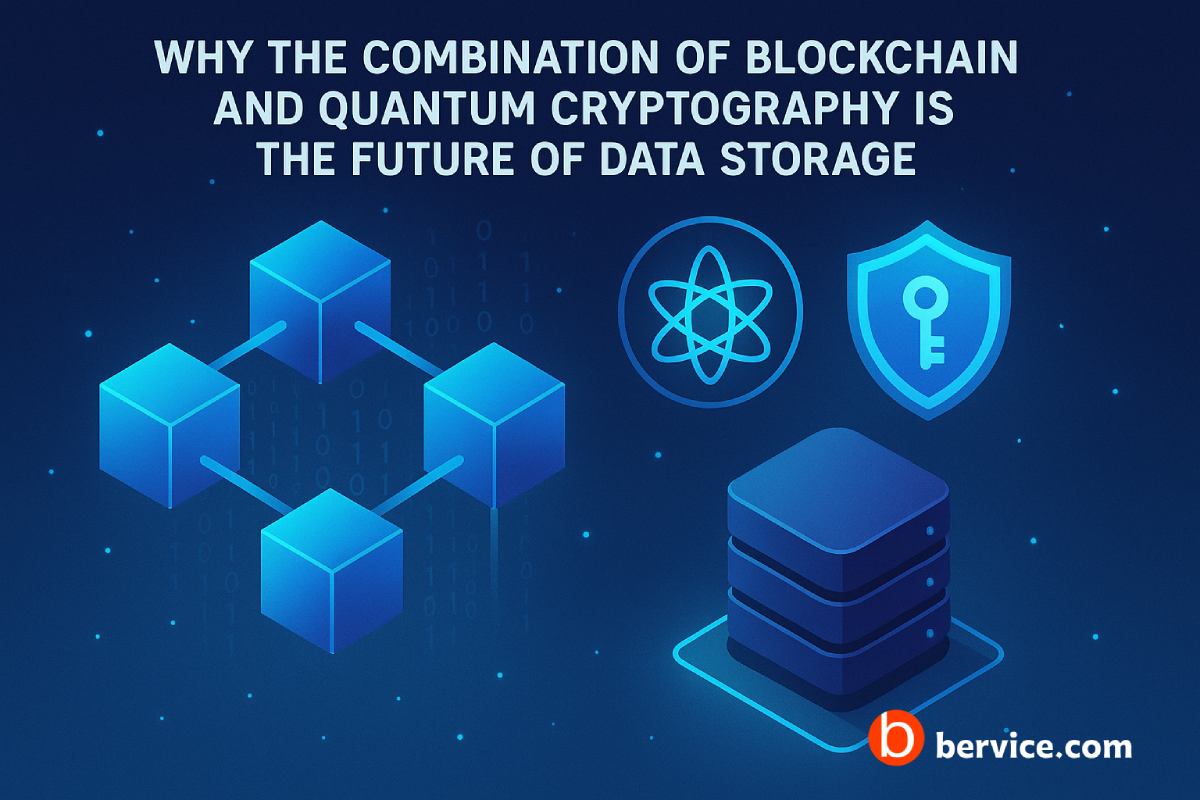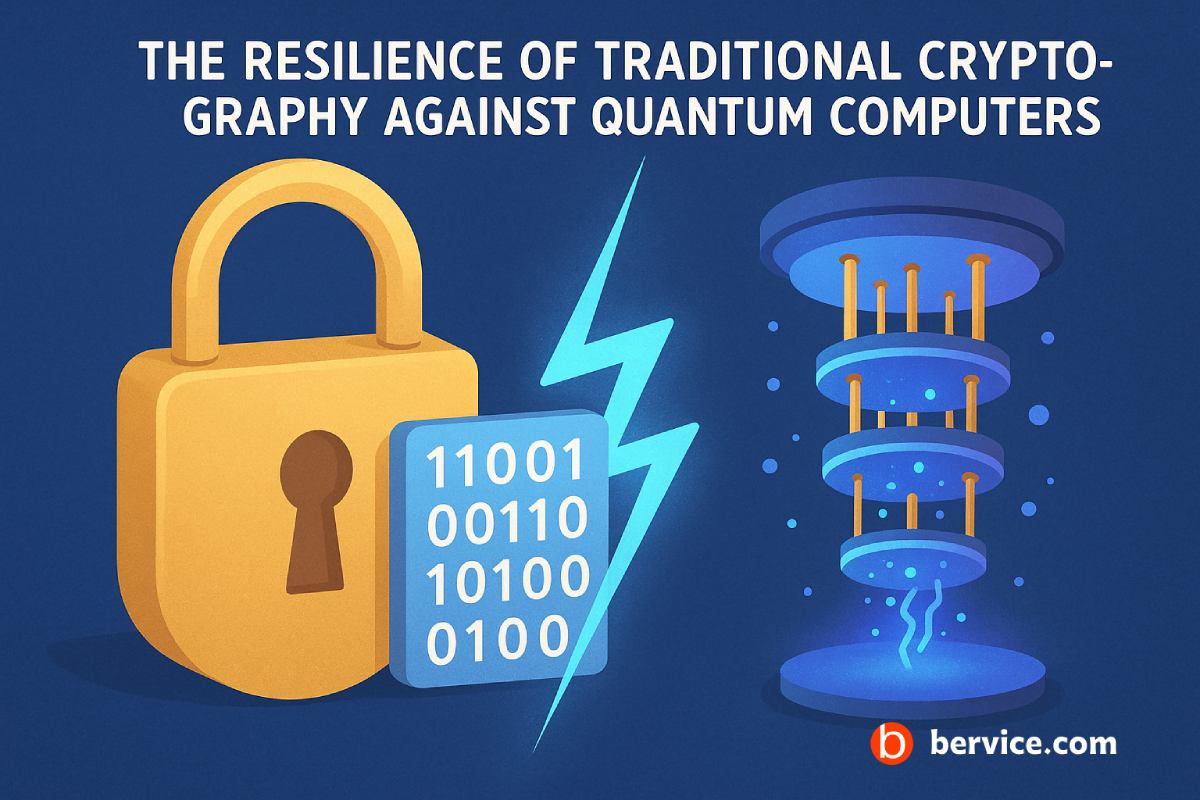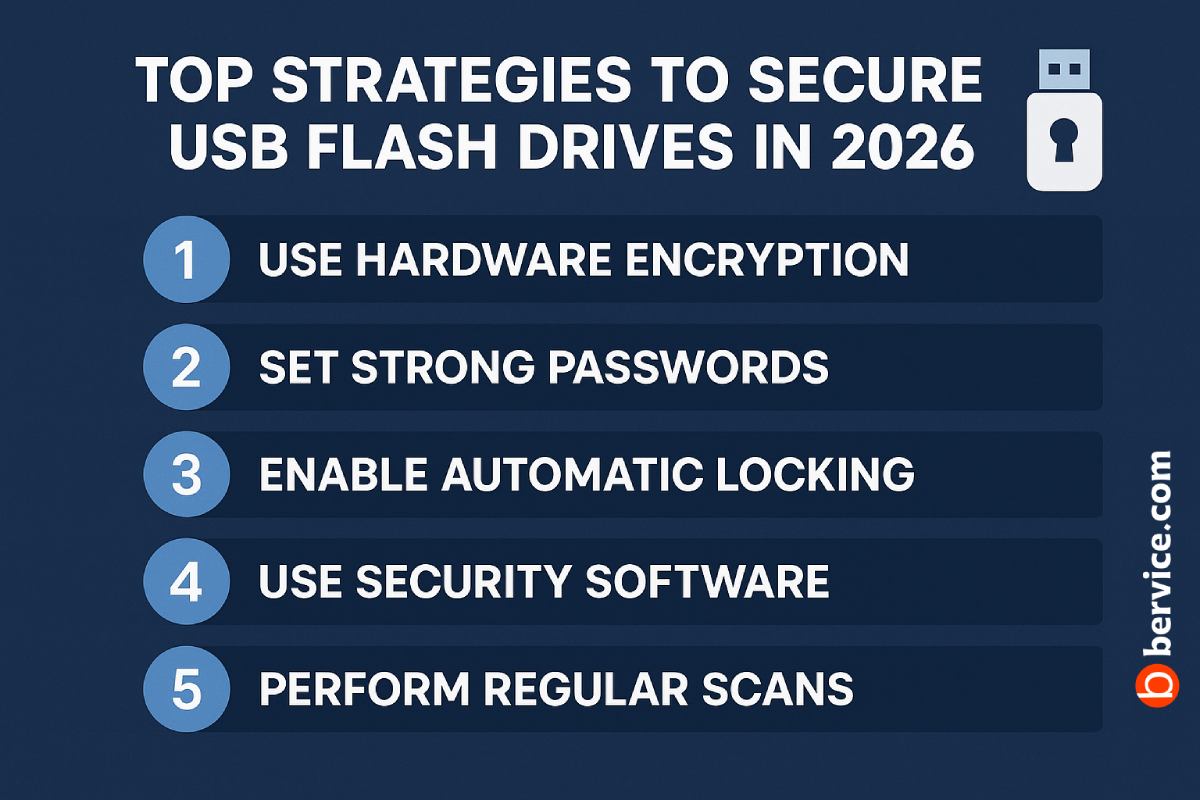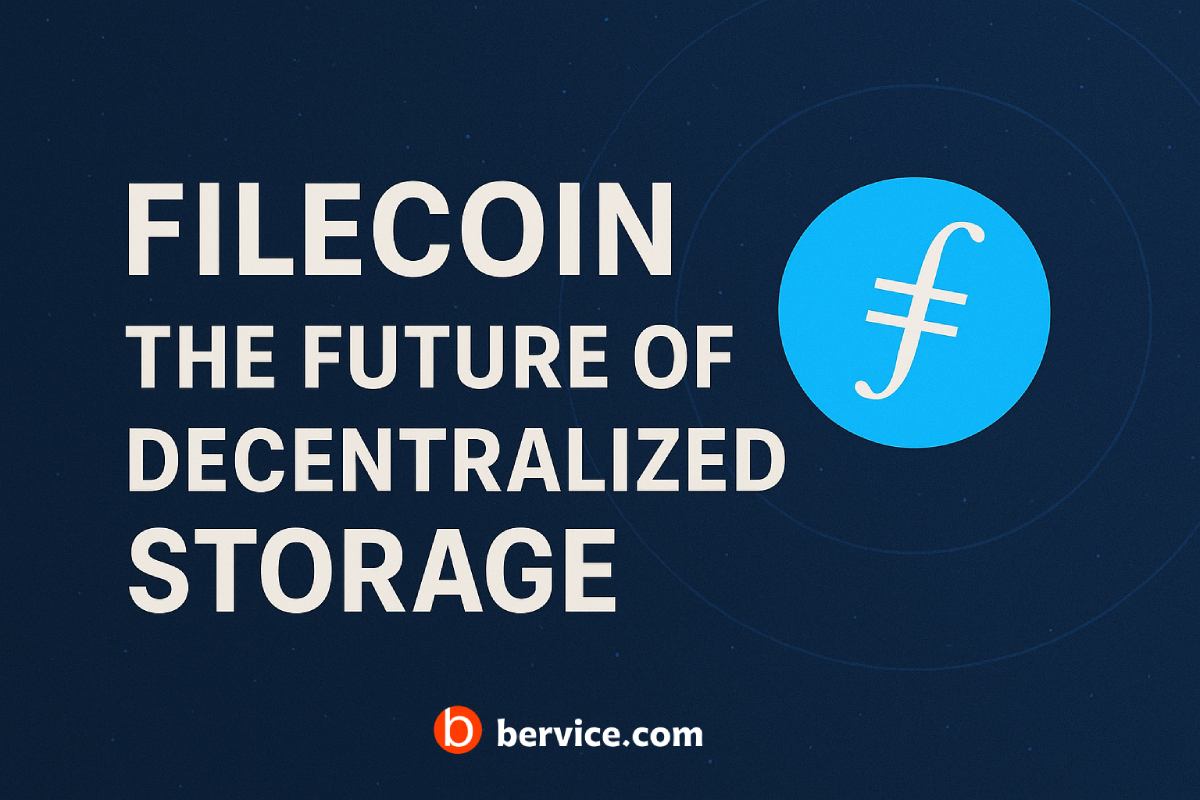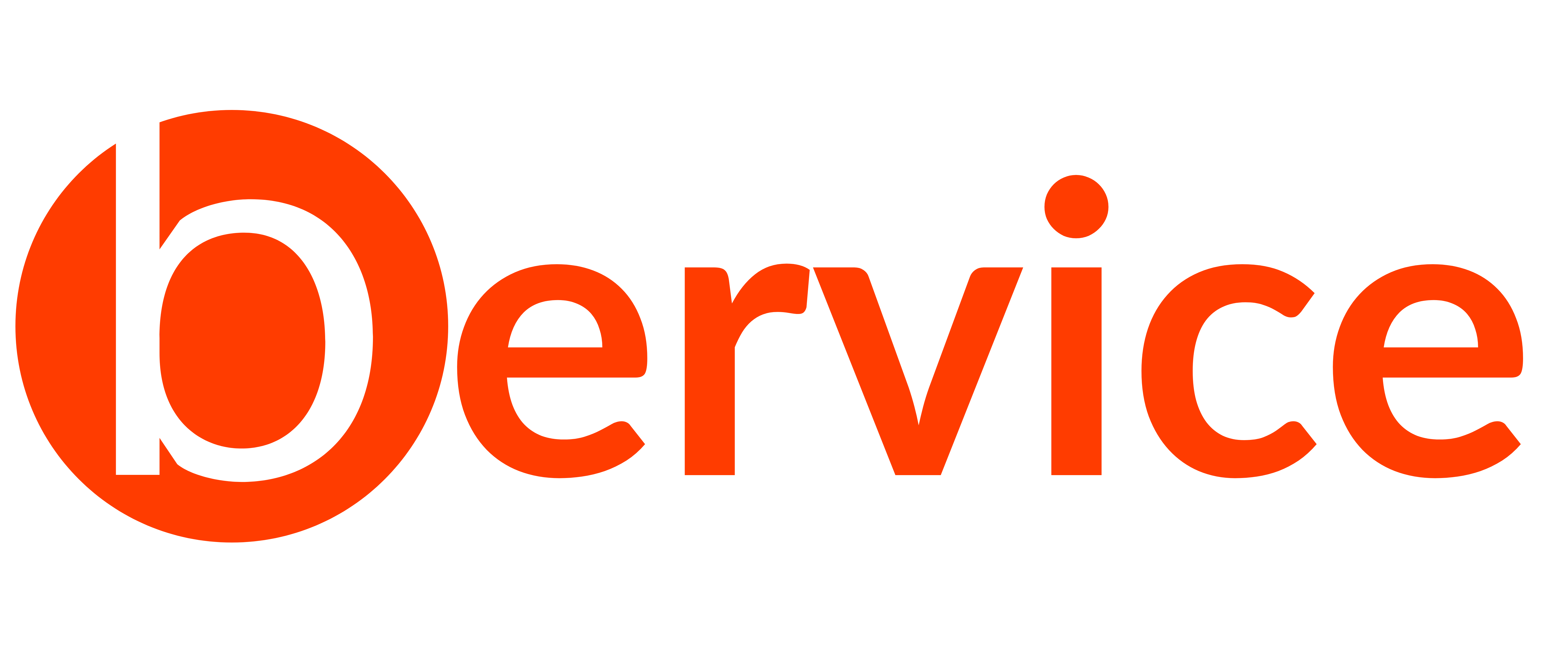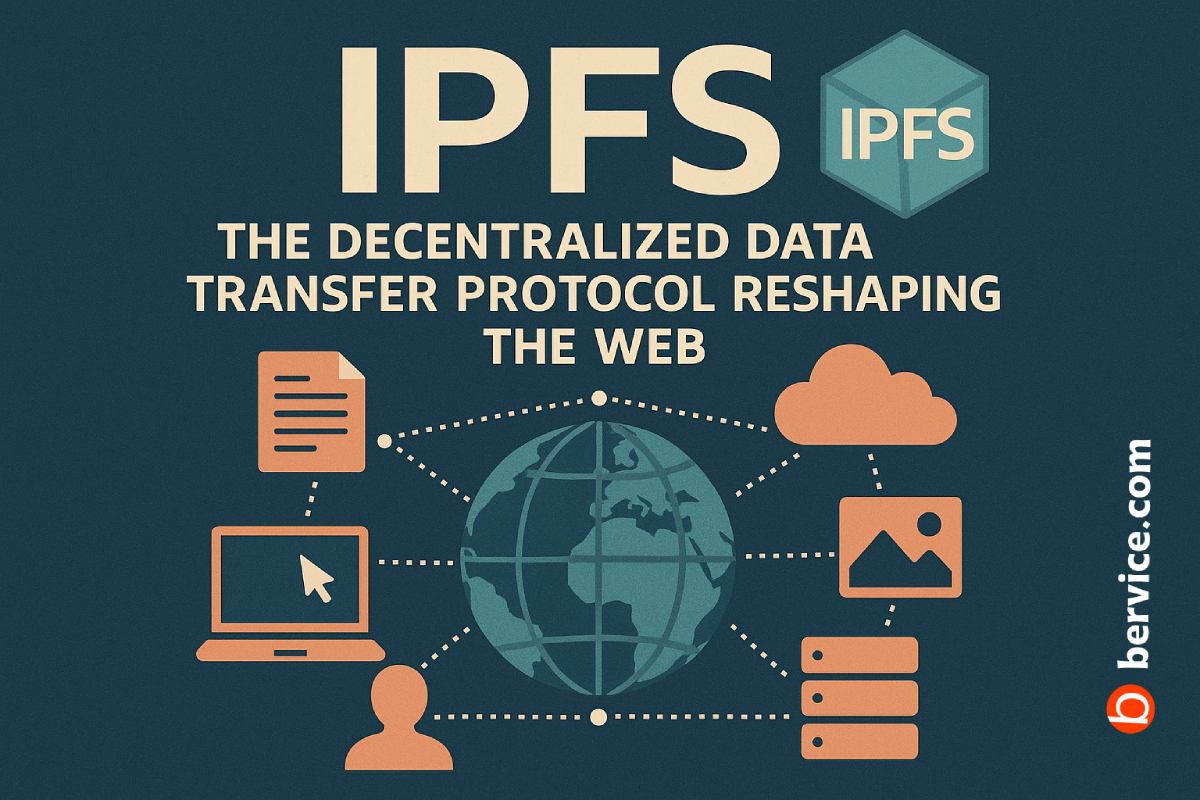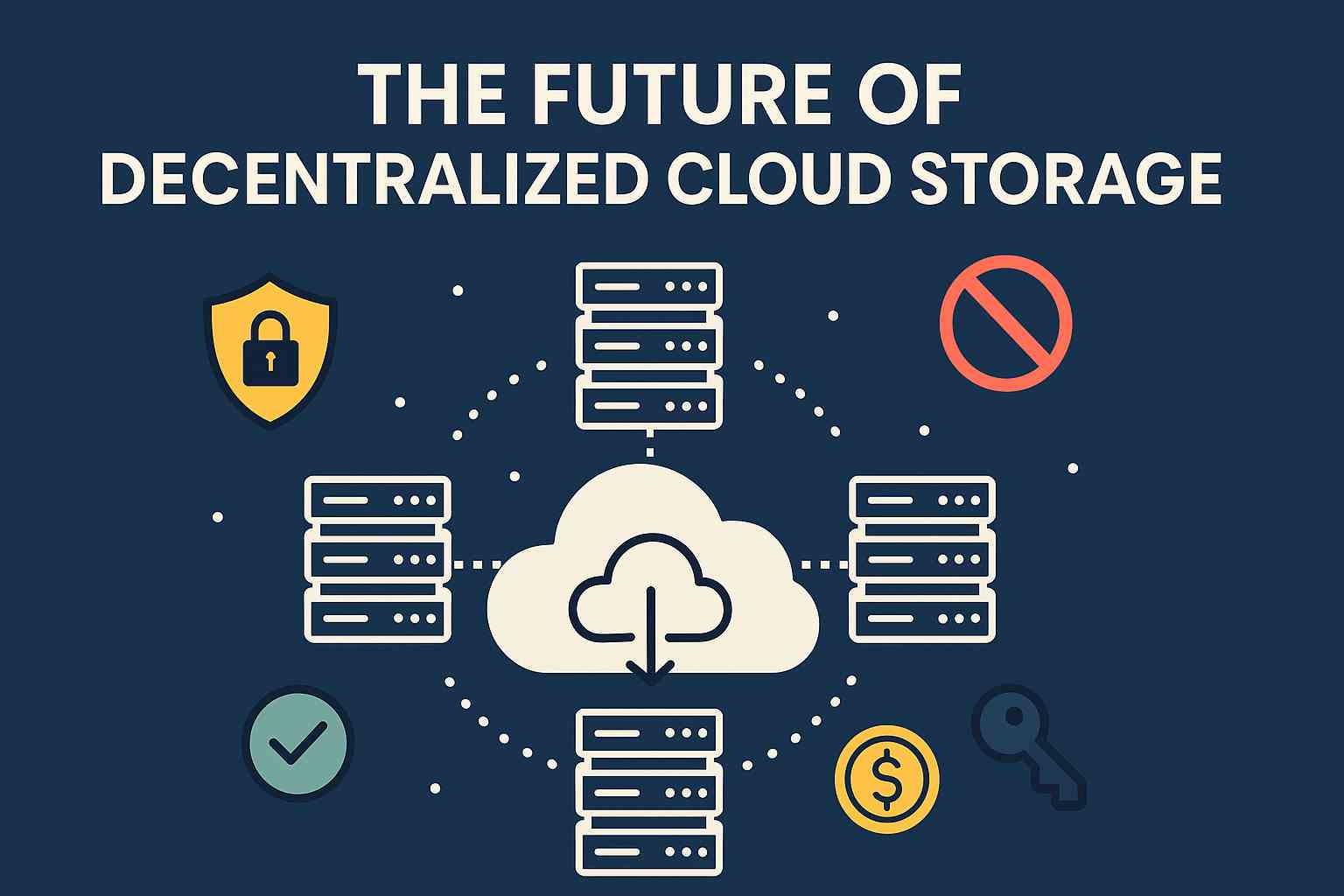
The cloud storage industry has seen significant growth in recent years, with companies like Google, Amazon, and Microsoft leading the way in centralized cloud storage solutions. However, as the demand for data storage increases, so do concerns about privacy, security, and reliance on centralized entities. Enter decentralized cloud storage: a model that promises to revolutionize how data is stored, accessed, and managed.
What is Decentralized Cloud Storage?
Decentralized cloud storage refers to a distributed network of storage nodes, where data is split into small chunks, encrypted, and stored across multiple locations. Unlike traditional centralized cloud storage, where data is hosted on servers controlled by a single entity, decentralized storage involves multiple independent providers. This means that no single party controls the data, enhancing privacy and security while reducing the risk of data breaches.
The concept of decentralized cloud storage leverages blockchain technology, which ensures transparency, security, and immutability of data. With blockchain, users can verify the integrity of stored files, making it nearly impossible for malicious actors to alter or delete data.
Advantages of Decentralized Cloud Storage
- Enhanced Privacy and Security: With data spread across various nodes, it becomes more difficult for hackers to gain unauthorized access. Furthermore, encryption ensures that only authorized users can access their files, protecting sensitive information from prying eyes.
- Redundancy and Reliability: Centralized cloud providers rely on a single data center or a network of data centers, which can be vulnerable to outages. Decentralized storage systems, on the other hand, store data on multiple independent nodes, providing greater reliability and redundancy. If one node goes down, the data is still accessible from other locations.
- Cost-Effectiveness: Decentralized storage can reduce costs by utilizing unused storage capacity from individuals or smaller providers. Instead of relying on expensive data centers, decentralized systems use a network of participants to share storage space, driving down the overall cost of data storage.
- Reduced Censorship Risk: Since there is no central authority governing decentralized storage, it becomes much harder for governments or organizations to censor or control the data. This is especially important for individuals and businesses operating in regions with strict censorship laws.
- Increased Control for Users: Decentralized cloud storage gives users more control over their data. Instead of entrusting a third-party company with sensitive information, users can store their data on their own terms, deciding who has access and how it is managed.
Challenges Facing Decentralized Cloud Storage
While the benefits of decentralized cloud storage are compelling, there are still challenges to overcome:
- Scalability: As the demand for storage continues to rise, decentralized systems need to scale efficiently. This requires robust protocols to ensure that data is stored and retrieved quickly, even as the network grows in size.
- Adoption and Awareness: Decentralized storage is still in its early stages, and many businesses and consumers are unaware of its benefits. Widespread adoption will require educating the public and making the technology accessible and user-friendly.
- Legal and Regulatory Issues: The decentralized nature of the cloud storage model raises concerns about data ownership, jurisdiction, and compliance with local laws. Governments may need to establish new regulations to address these challenges, which could hinder the growth of decentralized storage solutions.
- Performance and Speed: Centralized cloud providers often offer faster upload and download speeds due to their large infrastructure investments. Decentralized systems may need to improve in terms of speed and efficiency to compete with these established players.
The Road Ahead
Despite the challenges, the future of decentralized cloud storage looks promising. As more companies and individuals embrace blockchain technology and decentralized networks, the industry is likely to witness significant innovation. With growing concerns over data privacy and security, decentralized storage offers an alternative that aligns with the increasing demand for more control and transparency over personal and business data.
Projects such as Filecoin, Sia, and Storj are already making strides in this space, with plans to offer scalable, secure, and efficient decentralized storage solutions. In the coming years, we may see a shift towards a more decentralized internet, where users not only store their data but also contribute to a global, distributed storage network.
In conclusion, the future of decentralized cloud storage holds immense potential. By addressing the current challenges and enhancing the technology, it could become a mainstream solution for individuals and businesses looking for secure, affordable, and censorship-resistant data storage options.
Connect with us : https://linktr.ee/bervice
